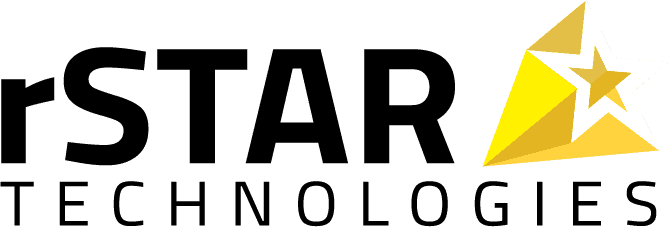What Is App Rationalization?
The application rationalization process is a systematic approach to cataloging and eliminating redundant software applications within an organization. A detailed inventory of applications is developed, along with the attributes and functionality of those apps. The business value of each application is determined, as well as the total cost of ownership (TCO), so that redundancies, costs, and efficiency can be eliminated.
Application rationalization allows IT departments to improve efficiency, simplify portfolio complexity, and reduce TCO for their application portfolios. It also creates better portfolio management capabilities, empowers leaders to make better decisions, and enables business services to be delivered more effectively.
Application Rationalization Process
The application rationalization process can be completed in five steps. You may find you need to return to the earlier steps, especially if the needs of your company change over time.
Step one: Identify the needs of your company and conduct a readiness assessment.
This step requires you to work with agency OCIO staff and critical stakeholders to conduct an application rationalization readiness assessment, create an application questionnaire, and create a baseline inventory.
A baseline assessment of the entire portfolio may reveal misidentified applications (the wrong owner, retired vs active, etc.) that are relevant to the current initiative. As a result, the necessary groundwork is laid for a broader initiative for app rationalization to follow.
Step two: Assess business value.
At this point, applications should be evaluated on how they impact your business. For example, with App X we conduct this business protocol, saving the company Y% in labor.
You should also look at redundancies where several apps offer the same capabilities. Redundant apps are not qualified for application rationalization.
Step three: Calculate total cost of ownership (TCO).
TCO includes licensing costs as well as indirect costs of an app including operation and infrastructure. All costs, drivers, and associated project expenditures for each application should be identified in this step.
Step four: Score applications for fit.
How well does each application support the existing processes and functions of your business? Assess the business value, technical fit, and TCO of each application and determine if it should be reviewed, rewarded, or removed.
Step five: Application placement.
Group apps based on how they were scored in the previous step. Then assess the future value of each application while also considering alternative applications. At this point, you can develop a migration strategy for each application that passes the application rationalization process.
Application Rationalization Questions
Application rationalization questions should be sent to each app owner for step two of the app rationalization process. This will allow you to collect the data you need for evaluation of each app.
Here are some application rationalization questions to include:
- How effective is the application in reaching the goal your company is trying to achieve?
- How critical is the application in supporting and executing your company’s mission?
- What is the app’s usage data?
- How complex is the application? Complex apps usually require special skills to develop and maintain.
- How easy is it to learn and operate?
- What are the technical requirements for the app?
- How often is it updated and how much effort is required for updates?
- How much do other apps depend on this application?
- How secure is the application?
Why You Should Use App Rationalization
Application rationalization identifies existing expenditures and proposes better ways to make use of those resources. Analyzing monthly financial and operational data, providing self-service analytics for app TCO, and determining business value-oriented application expenditures equate with successful app rationalization initiatives.
Before you begin any IT project, consider app rationalization to pave the way. You’ll save time and money while creating a more efficient application portfolio.
About rSTAR Technologies
rSTAR is a full-service specialized system integrator built to transform leaders in the asset-intensive industries, such as energy and utilities, manufacturing, high-tech, and automotive into business value all-stars by focusing on digital transformation initiatives. With over 20 years of experience in Oracle, Microsoft, and Salesforce, the company provides consulting, implementation, and services for AI, CX integration and automation solutions. For more information, please visit rSTAR Technologies


